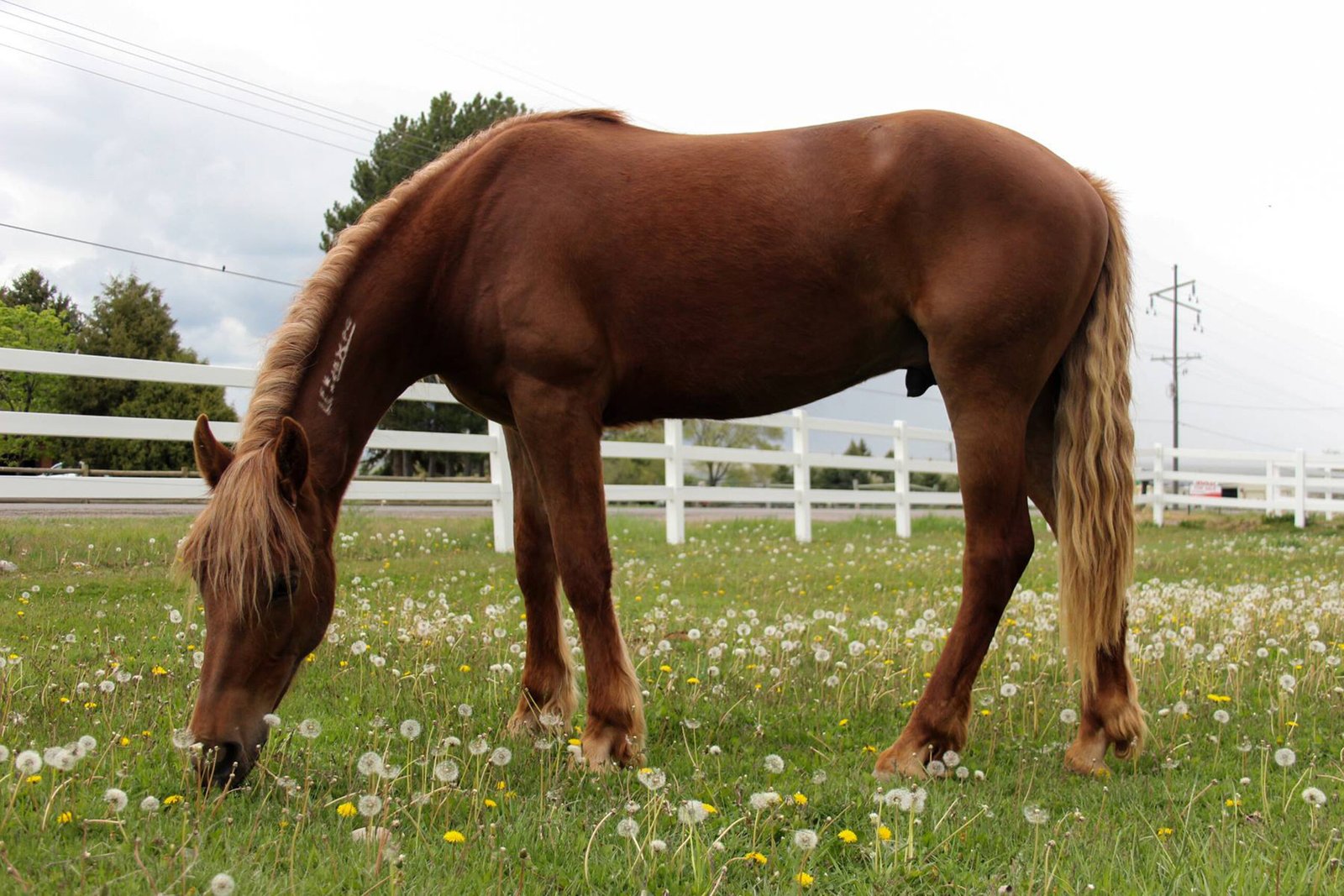In the vast, open landscapes of America, the majestic Mustang roams free, embodying the spirit of the wild. But as enchanting as these creatures may seem, there’s a crucial question that needs addressing: Are Mustangs suitable as household pets? While they captivate many with their beauty and grace, the reality is that these wild horses possess unique characteristics that make them ill-suited for domestic life. Before you consider bringing one into your home, it’s essential to understand the challenges and responsibilities involved.
The American Mustang is a breathtaking symbol of freedom, but that wild spirit makes it a poor choice for a pet. These horses are born to roam vast landscapes, not confined to backyards or stables. Their strong instincts, high energy, and need for experienced handling can be overwhelming for the average horse owner. Mustangs require specialized training and space that many simply can’t provide. While they’re incredible animals to admire, keeping them as pets often does more harm than good—for both horse and human.
Wild Nature and Instinct
The American Mustang is not just any horse; it’s a symbol of the untamed wilderness. Born and bred in the wild, these horses have instincts and behaviors that are deeply ingrained. Unlike domesticated breeds, Mustangs are not accustomed to human interaction from birth. Their survival instincts are sharp, making them unpredictable and potentially dangerous when confined. Imagine trying to tame the wind or harness the untamed ocean; that’s what it’s like trying to domesticate a Mustang. Their wild nature is a testament to their resilience, but it also means they are not suited for life as a pet.
Space Requirements
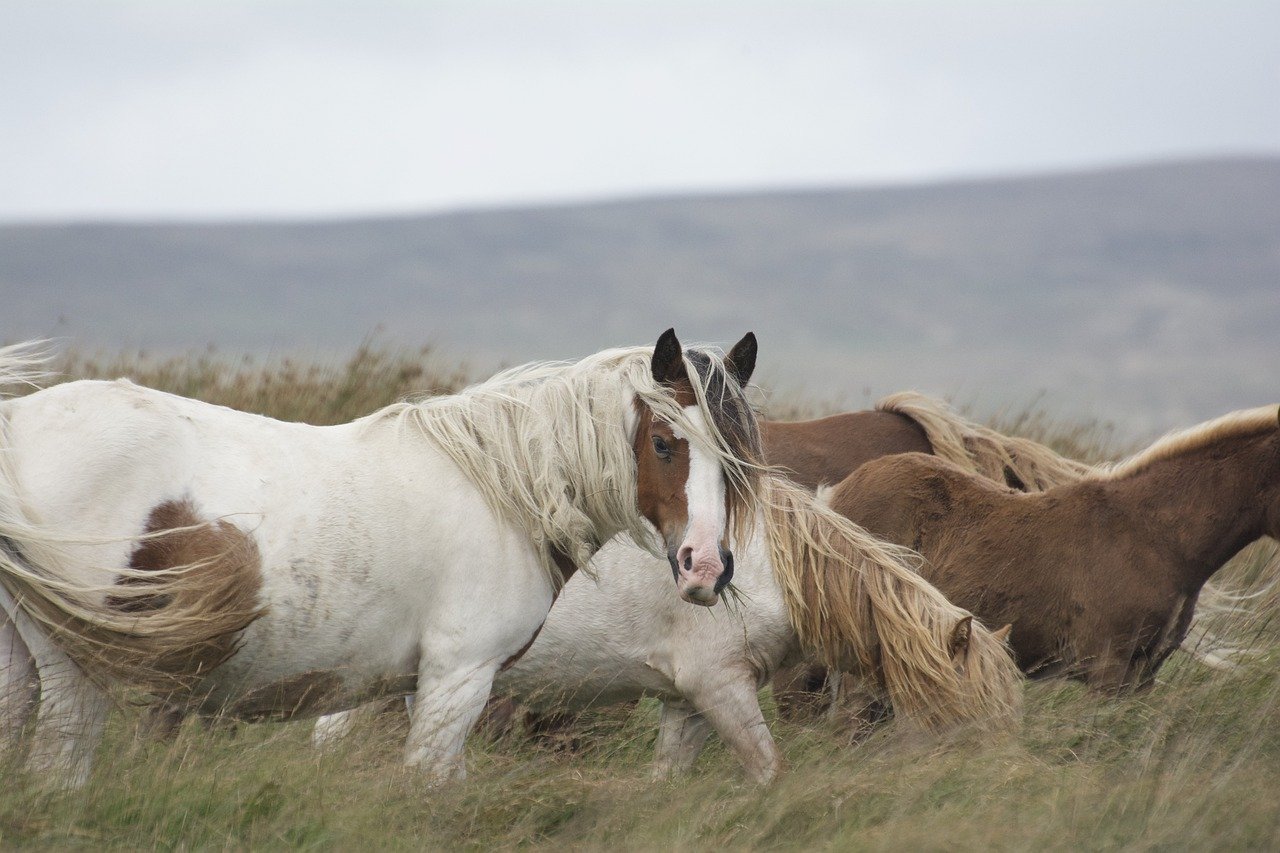
Mustangs are creatures of vast open spaces. In the wild, they roam freely across miles of terrain, grazing and socializing with their herd. Keeping a Mustang in a confined space, such as a backyard or small paddock, is not only impractical but also cruel. They need room to run, explore, and express their natural behaviors. Confinement can lead to stress, anxiety, and physical health issues. It’s like trying to cage a bird that was meant to soar; it simply doesn’t work. For those who love horses, providing a Mustang with the space it needs is a responsibility not to be taken lightly.
Specialized Care and Expertise
Caring for a Mustang requires more than just a love for horses; it demands expertise and experience. These animals have specific dietary, medical, and training needs that differ significantly from domesticated breeds. A Mustang’s diet must mimic what they would naturally find in the wild, which can be challenging to replicate. Additionally, their medical care requires a vet experienced with wild horses. Training a Mustang is not for the faint-hearted; it requires patience, skill, and an understanding of their unique psychology. Without this specialized care, a Mustang’s well-being is at risk.
Legal and Ethical Concerns
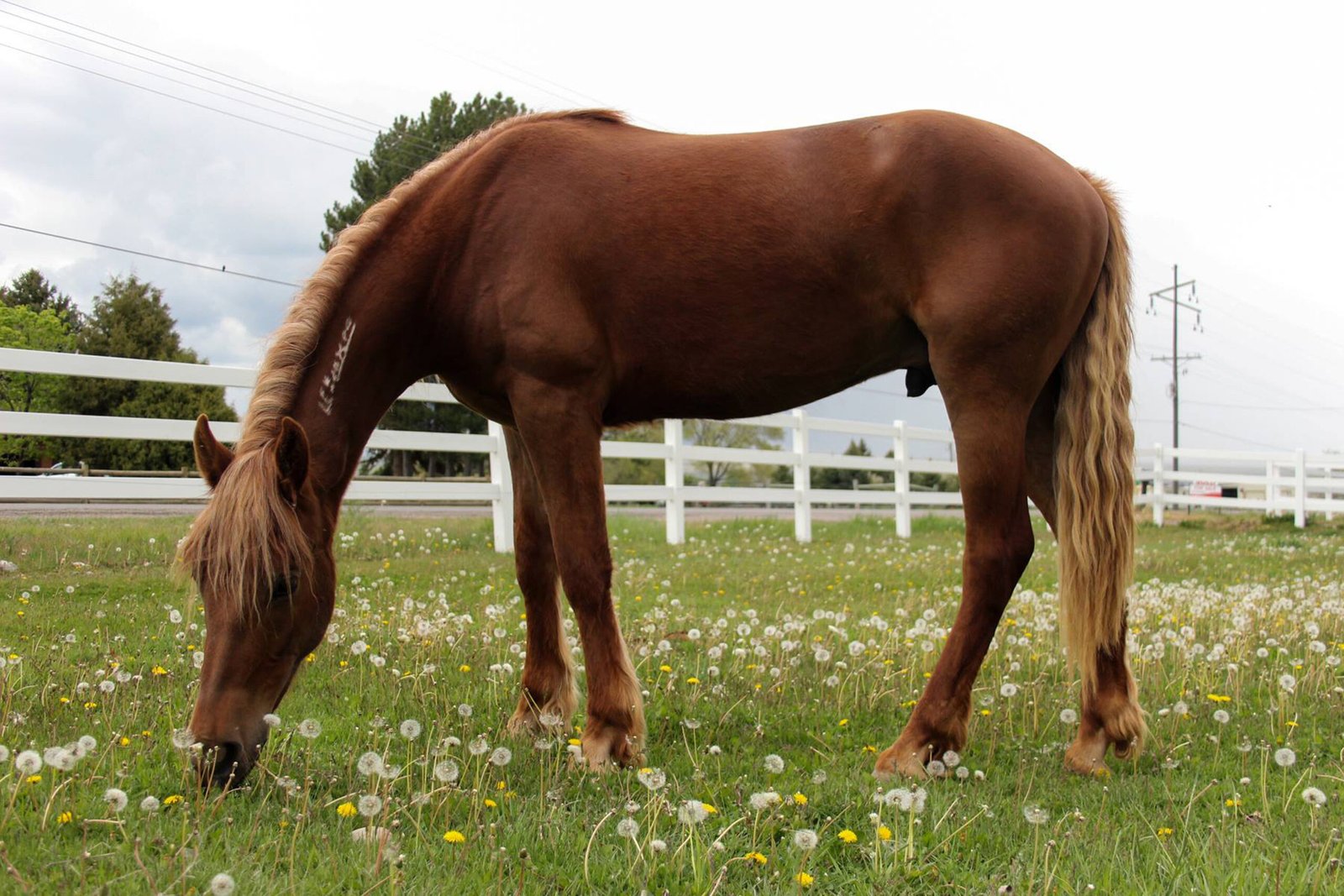
Owning a Mustang is not just a personal decision; it involves legal and ethical considerations. In many places, there are strict regulations governing the capture and ownership of wild horses. These laws are in place to protect the Mustangs and ensure their conservation. Ethically, one must consider whether it’s right to remove a wild animal from its natural habitat for personal enjoyment. The Mustang’s legacy is one of freedom and independence, and keeping one as a pet challenges these very principles. It’s a decision that requires careful thought and consideration of the broader implications.
Social Needs and Herd Dynamics
Mustangs are inherently social creatures, thriving in the company of their herd. They rely on complex social structures for survival, forming bonds and hierarchies that are vital to their well-being. Isolating a Mustang from its herd can lead to loneliness and behavioral issues. Imagine being torn away from your family and friends, placed in an unfamiliar environment; the emotional toll is immense. For a Mustang, the absence of a herd is not just a minor inconvenience; it’s a fundamental disruption to their way of life. Meeting their social needs is a challenge that most pet owners are ill-equipped to handle.
Potential for Aggression
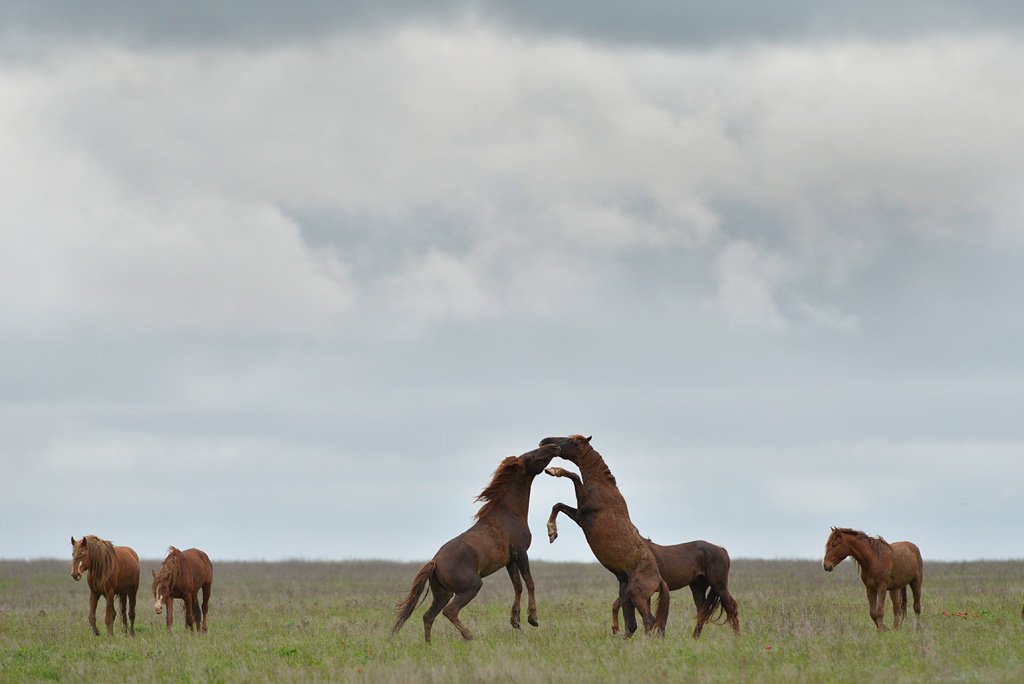
While Mustangs are not inherently aggressive, their wild nature means they can react unpredictably, especially when they feel threatened or confined. In the wild, they rely on flight or fight responses to survive. When kept as pets, these instincts can manifest as aggression, posing a risk to inexperienced handlers. It’s essential to remember that a Mustang’s strength and power are not easily controlled. Handling them requires skill, patience, and a deep understanding of their behavior. Without this, the potential for accidents or injuries is high, making them unsuitable for most households.
Long-Term Commitment
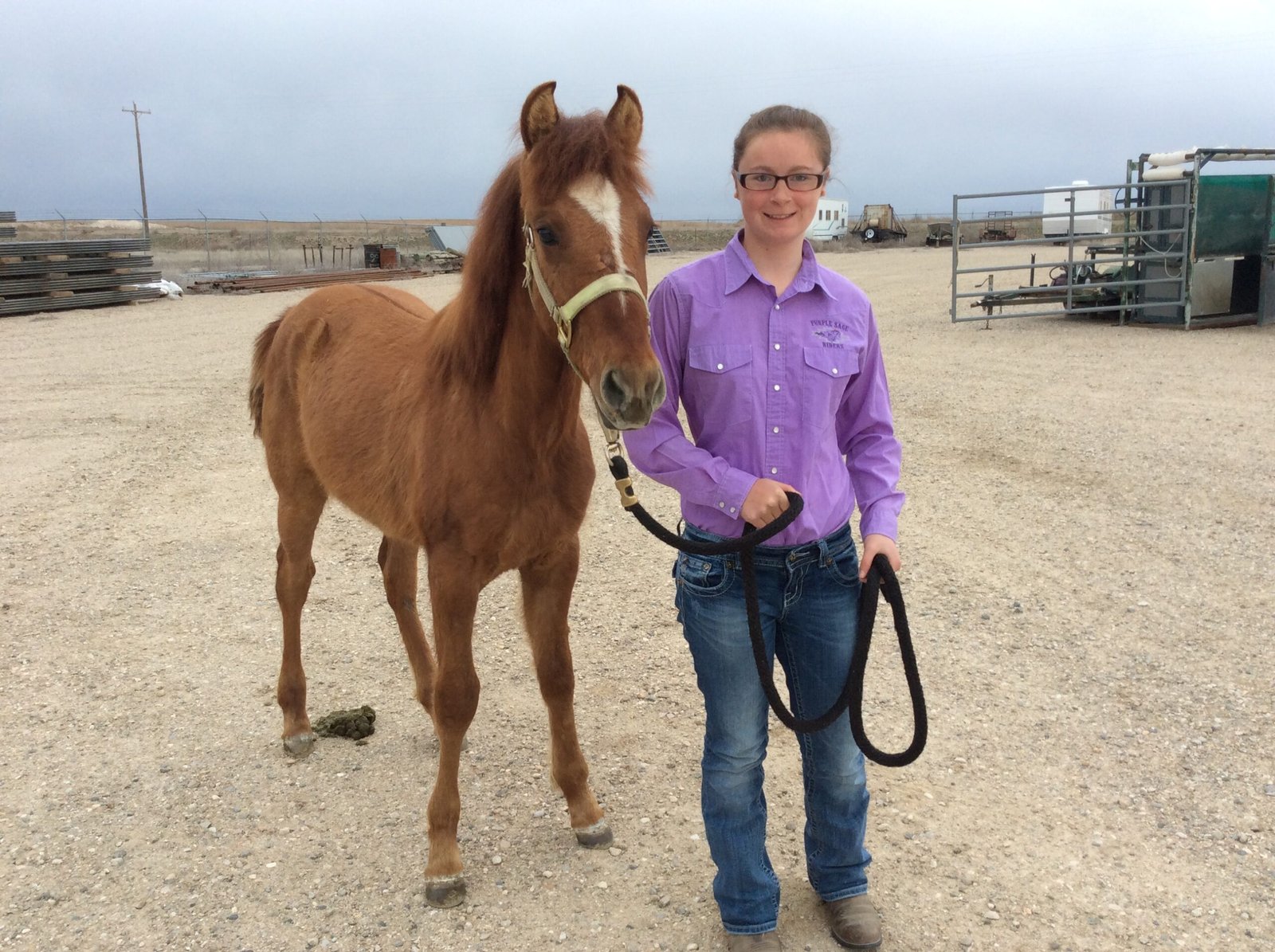
Owning a Mustang is not a short-term endeavor; it’s a lifelong commitment. These horses can live for 25 to 30 years, requiring consistent care, attention, and resources throughout their lives. Unlike traditional pets, Mustangs need more than just food and shelter; they need a lifestyle that mirrors their natural existence. The financial and time investment is substantial, and it’s not a commitment to be taken lightly. For those who cherish the idea of owning a Mustang, it’s crucial to consider whether you’re prepared to dedicate decades to their care.
Financial Implications
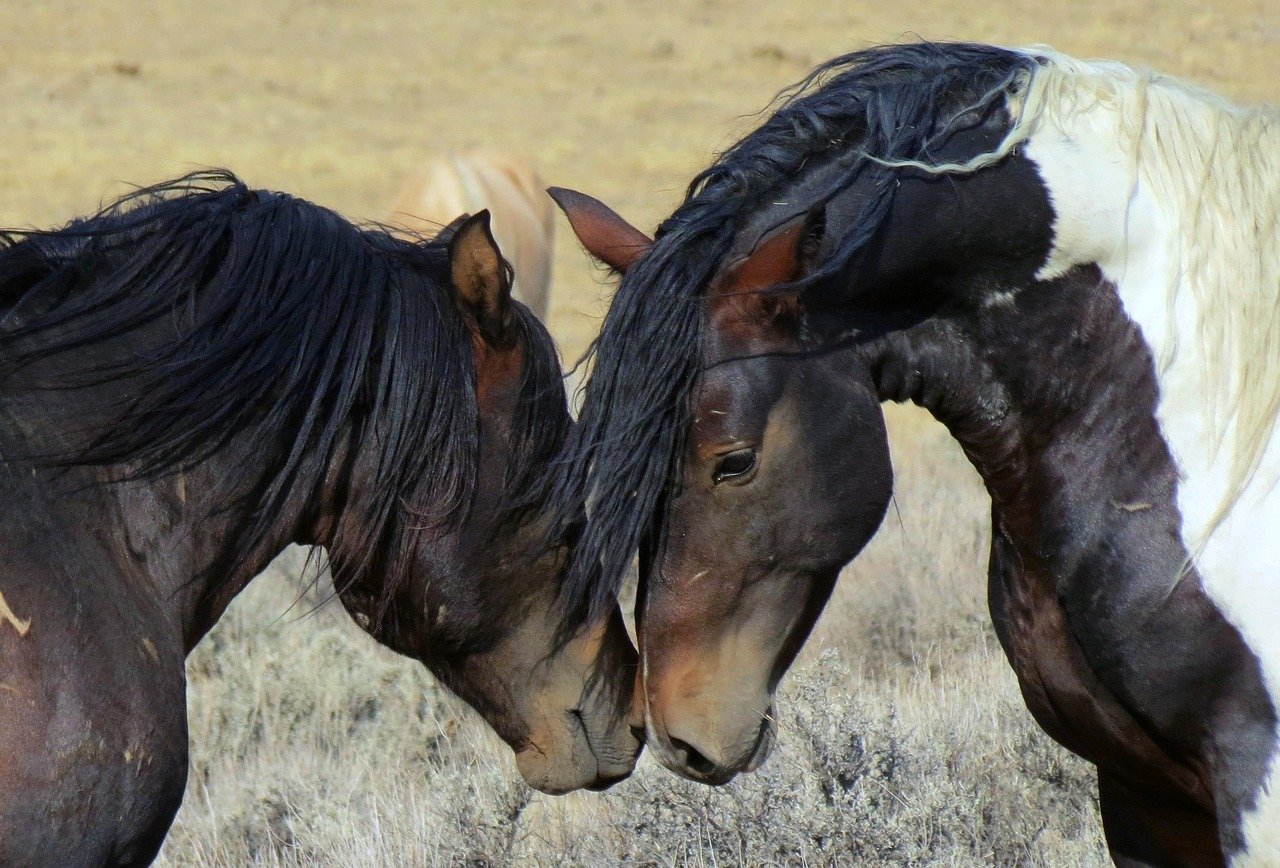
The cost of owning a Mustang goes beyond the initial purchase price. Their specialized care, dietary needs, and medical expenses can quickly add up. Additionally, providing them with adequate space and facilities is a significant financial undertaking. Unlike smaller pets, Mustangs require a substantial investment in fencing, shelter, and pasture maintenance. It’s not just about having the funds; it’s about being prepared for the ongoing expenses that come with responsible Mustang ownership. Without the financial means to support them, both the owner and the horse can suffer.
Environmental Impact
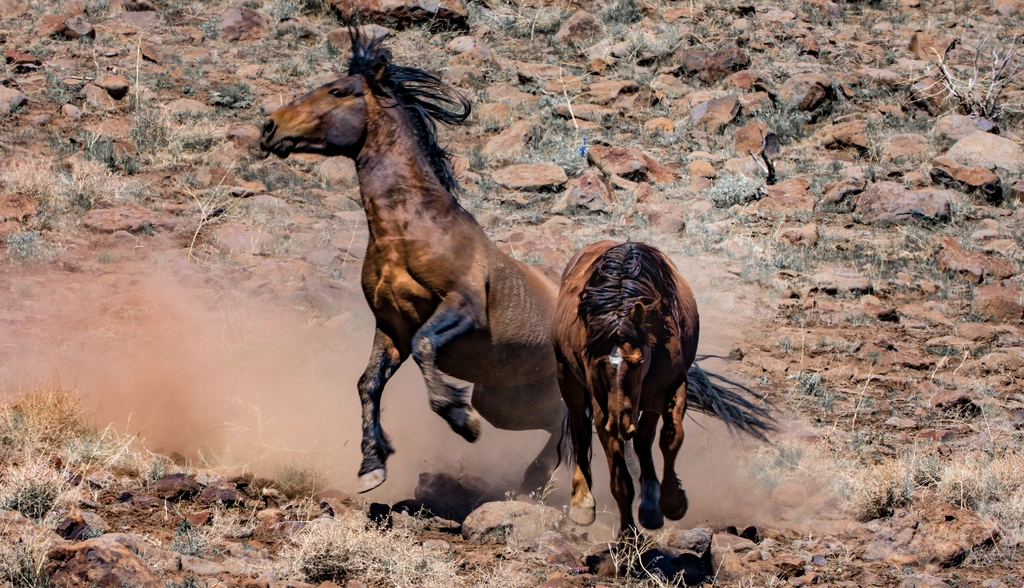
Keeping a Mustang as a pet can have unintended environmental consequences. Their grazing habits can quickly deplete vegetation in small areas, leading to soil erosion and habitat destruction. In the wild, Mustangs move constantly, allowing the land to recover. In a confined space, their impact is concentrated, potentially harming the local ecosystem. For those passionate about the environment, it’s important to consider how keeping a Mustang might affect the land and wildlife around you. Responsible ownership means being mindful of these impacts and taking steps to mitigate them.
Preservation of Wild Heritage
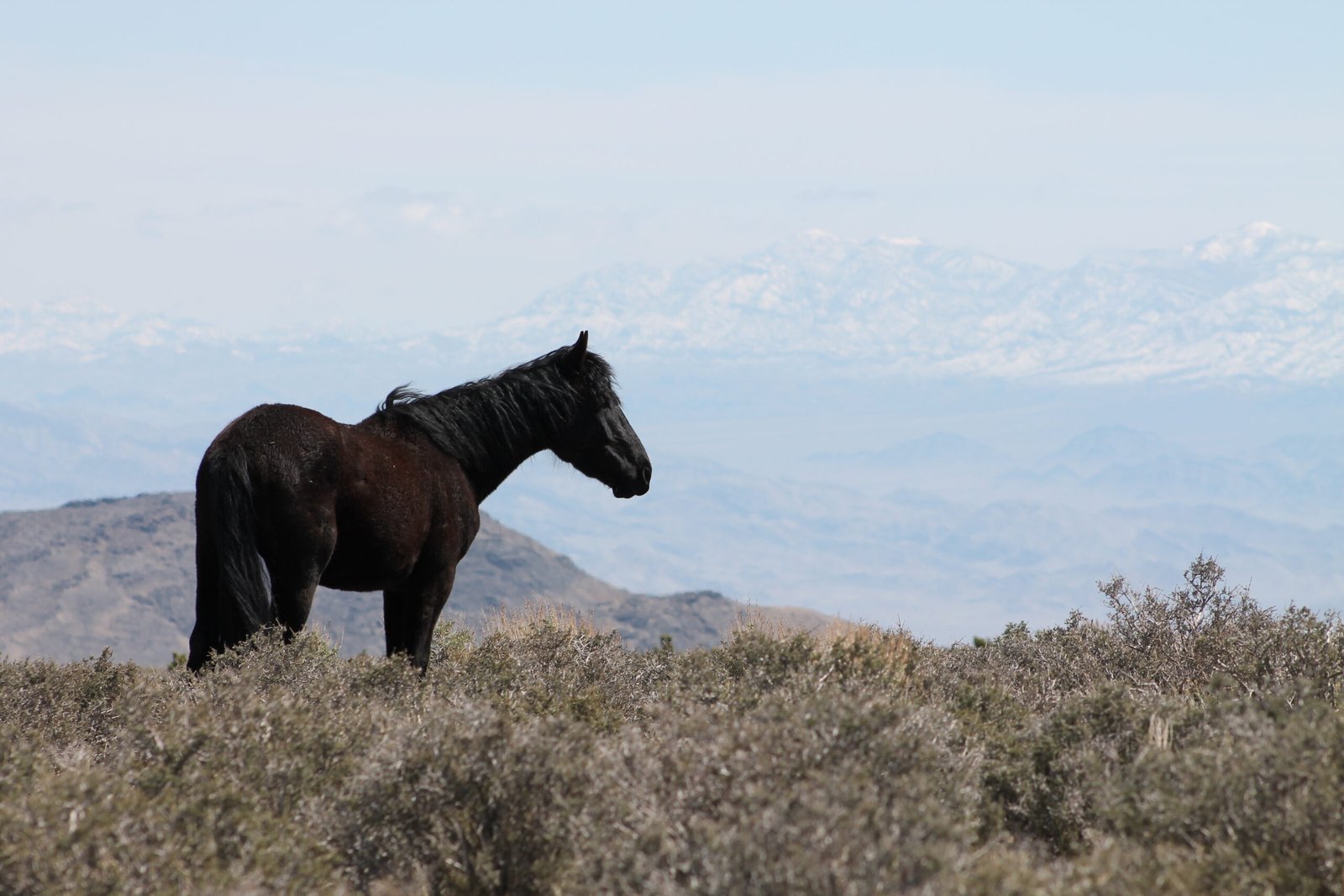
The American Mustang is more than just a horse; it’s a living piece of history, a symbol of the untamed American spirit. By keeping them as pets, we risk eroding this legacy, turning a wild icon into a domestic novelty. Preserving their wild heritage means allowing them to live as nature intended, free and unburdened by human constraints. For those who truly love Mustangs, supporting conservation efforts and advocating for their protection in the wild is a far more meaningful way to honor their legacy. It’s about celebrating their freedom and ensuring that future generations can experience the awe of seeing Mustangs roam free.
In conclusion, while the allure of owning a Mustang is undeniable, the reality is that these magnificent creatures are best left in the wild. Their unique needs, behaviors, and the ethical considerations involved make them unsuitable as pets. Instead, let us cherish them from afar, supporting efforts to preserve their wild existence. What do you think: Is it better to admire their beauty from a distance, or attempt to bring the wild into our homes?

